South Sudan’s struggle towards long-awaited elections
- Update Time : Thursday, August 15, 2024
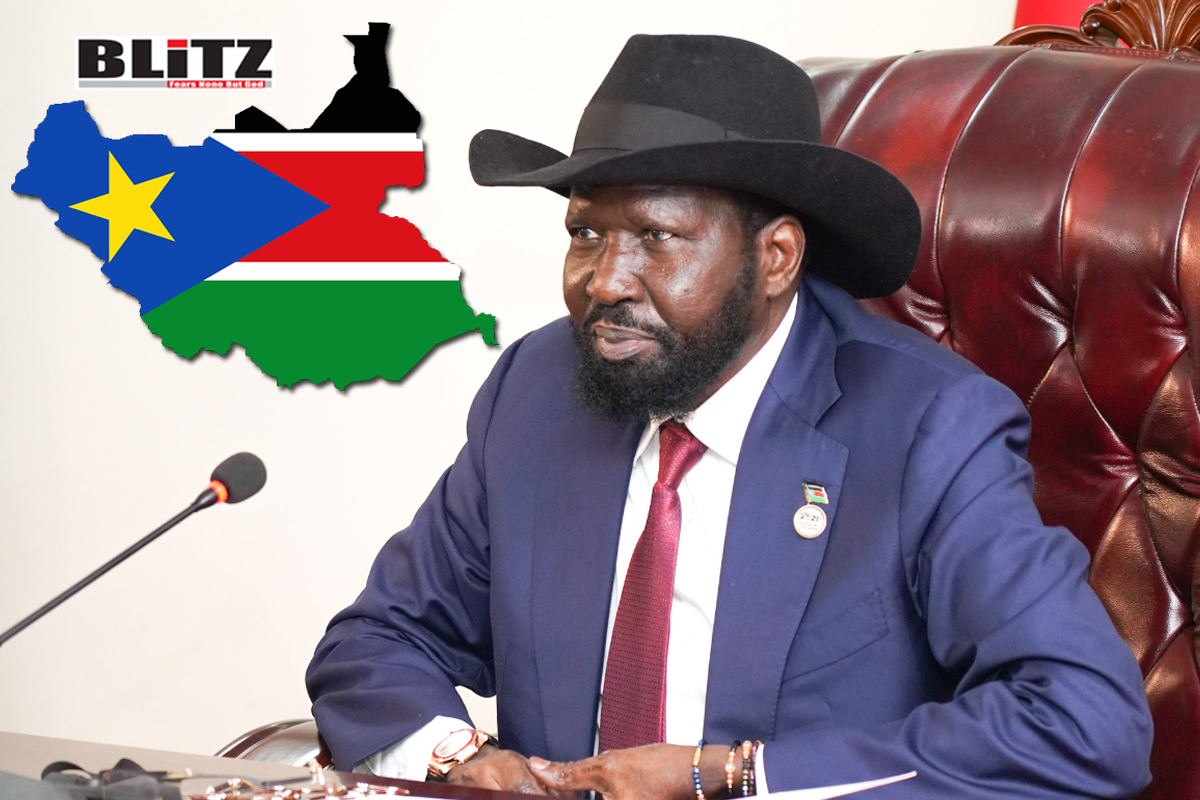
South Sudan, the world’s youngest nation, finds itself at a critical juncture as it grapples with the feasibility of holding long-delayed elections. Scheduled for December this year, these elections are meant to mark the culmination of a political transition process initiated after the country’s brutal civil war. However, as President Salva Kiir convenes with political leaders to assess the situation, significant challenges threaten to derail the prospects of a peaceful and credible electoral process.
Since gaining independence from Sudan in 2011, South Sudan has been on a tumultuous journey fraught with political instability, ethnic violence, and economic hardship. The country’s first national elections have been delayed for over a decade, to the frustration of its citizens and the international community. The December 2024 elections were initially seen as a beacon of hope for the country, providing a pathway to stability and democratic governance. However, the road to these elections has been anything but smooth.
The current political landscape in South Sudan is shaped by the fragile peace agreement signed in 2018 between President Kiir and his long-time rival, Deputy President Riek Machar. This agreement, which ended a five-year civil war, established a power-sharing government and outlined a roadmap for political transition, including the long-delayed elections. Despite this, key provisions of the agreement remain unimplemented, casting doubt on the country’s ability to conduct free and fair elections by the end of the year.
On August 13, 2024, President Kiir held discussions with major political leaders to evaluate the feasibility of holding the elections as planned. According to a statement from the presidency, the leaders resolved to seek technical advice from electoral institutions on whether the elections could be conducted under the current circumstances. The meeting also reviewed the status of the peace agreement’s implementation, with Cabinet Affairs Minister Martin Elia Lomuro noting that the review aimed to provide a realistic timetable for the elections.
The peace agreement, while instrumental in ending the civil war, has faced numerous obstacles in its implementation. Key elements, such as the creation of a national constitution and the unification of rival military forces, remain incomplete. These unresolved issues are critical for ensuring a stable and secure environment for elections, and their absence raises concerns about the viability of the December poll.
Another factor that could influence the election timeline is the outcome of ongoing peace talks in Nairobi. These negotiations involve the South Sudanese government and rebel groups that did not sign the 2018 peace agreement. The inclusion of these groups in the political process is essential for a comprehensive and lasting peace in the country. However, the success of these talks remains uncertain, adding another layer of complexity to the already challenging electoral preparations.
South Sudan’s path to elections is further complicated by a host of internal challenges. The country is still reeling from the effects of the 2013-2018 civil war, which resulted in the deaths of approximately 400,000 people and displaced millions. Political instability and ethnic violence continue to plague the nation, undermining efforts to create a conducive environment for democratic governance.
In addition to political and security concerns, South Sudan faces severe economic challenges. Despite being rich in oil resources, the country remains one of the poorest in the world. The struggling economy was dealt a significant blow earlier this year when a key oil pipeline in neighboring Sudan ruptured, exacerbating an already dire economic situation. The local currency has plummeted in value, leading to soaring prices for basic goods and deepening the hardships faced by ordinary citizens.
The humanitarian situation in South Sudan is also dire, with parts of the country on the brink of famine. Flooding during the current rainy season has worsened food insecurity, with British charity Save the Children warning of a looming disaster. This precarious situation further complicates the logistics of holding elections, as the government grapples with providing basic necessities to its population.
The international community has expressed growing concern about South Sudan’s ability to conduct credible elections. Earlier this year, UN Secretary-General Antonio Guterres highlighted the country’s failure to achieve a “critical mass” of prerequisites for peaceful elections. Guang Cong, the UN’s deputy special representative in South Sudan, reiterated this concern on August 8, warning that “time is running out” for the country to meet the necessary conditions for a credible electoral process. He emphasized that the cost of inaction would be too great, potentially plunging the nation back into chaos.
As South Sudan’s leaders grapple with the feasibility of holding elections, the country stands at a crossroads. The successful conduct of elections would mark a significant step forward in the nation’s journey towards peace and stability. However, the challenges are immense, and the risk of failure is high.
The coming months will be critical in determining whether South Sudan can overcome these obstacles and move towards a more stable and democratic future. The international community’s continued engagement and support will be essential in helping the country navigate this challenging period. For the people of South Sudan, who have endured years of conflict and hardship, the stakes could not be higher. The hope is that their long wait for democratic governance will finally be realized, but the path to that goal remains fraught with uncertainty.


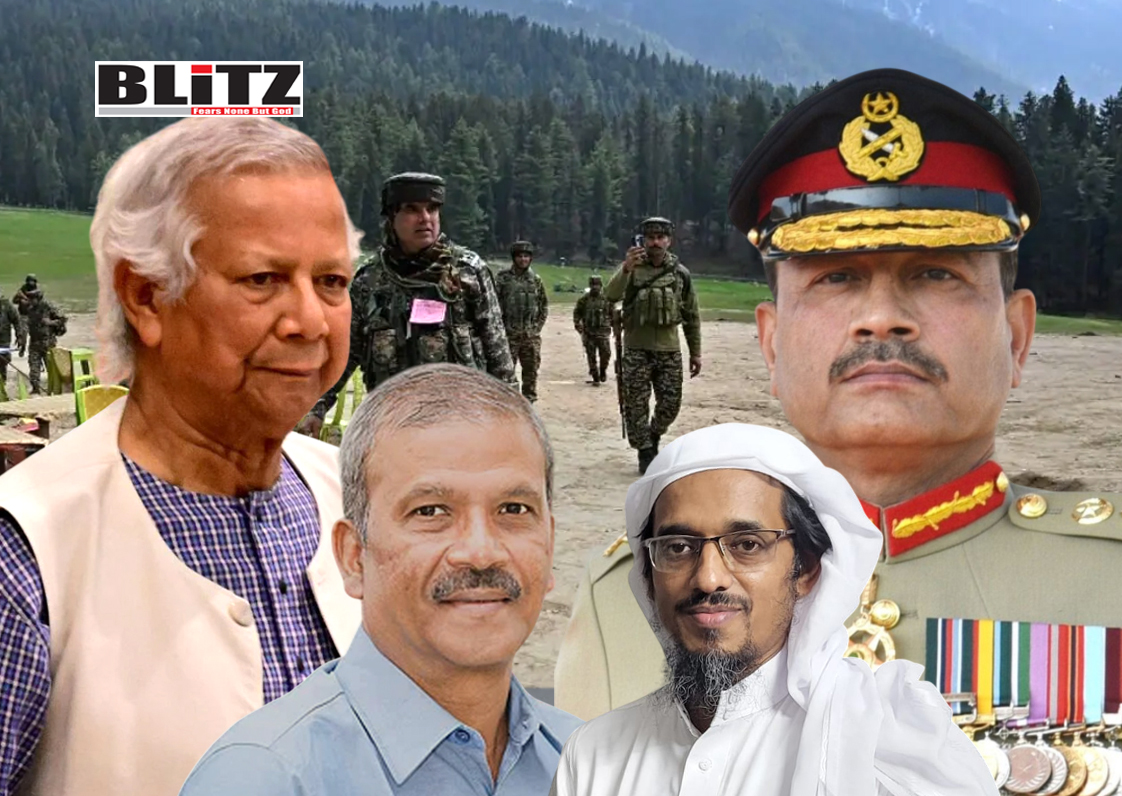
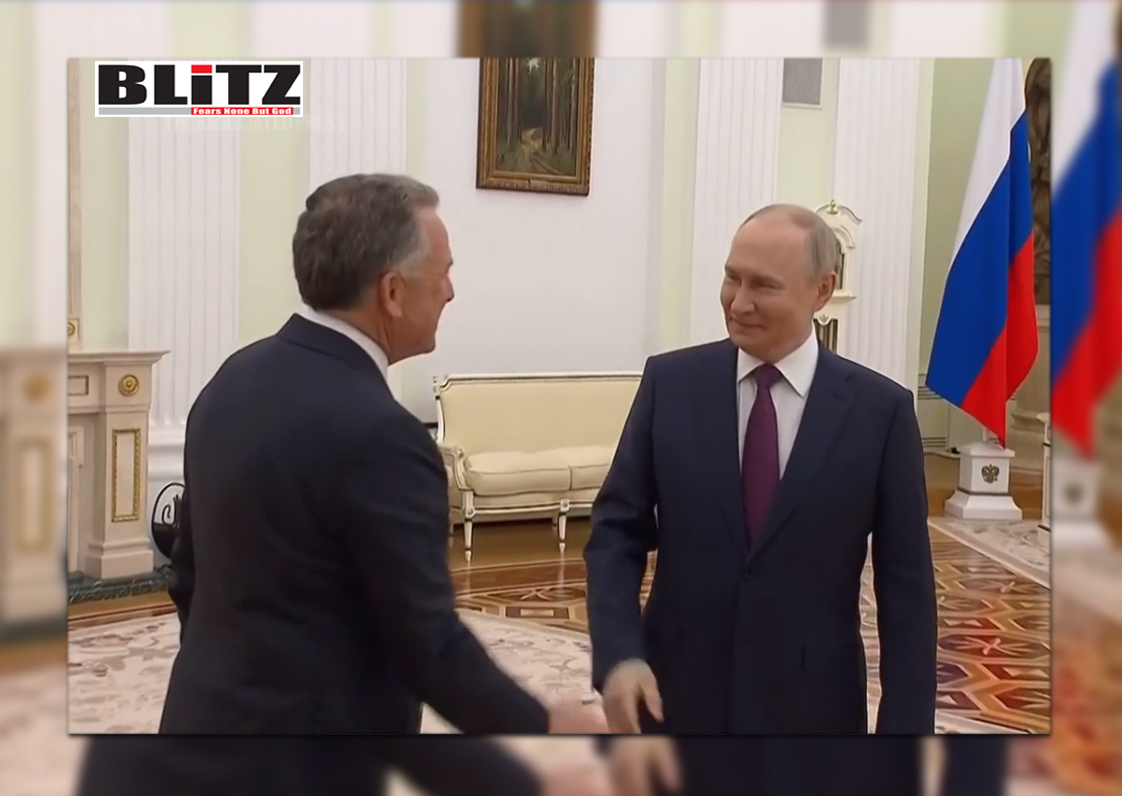
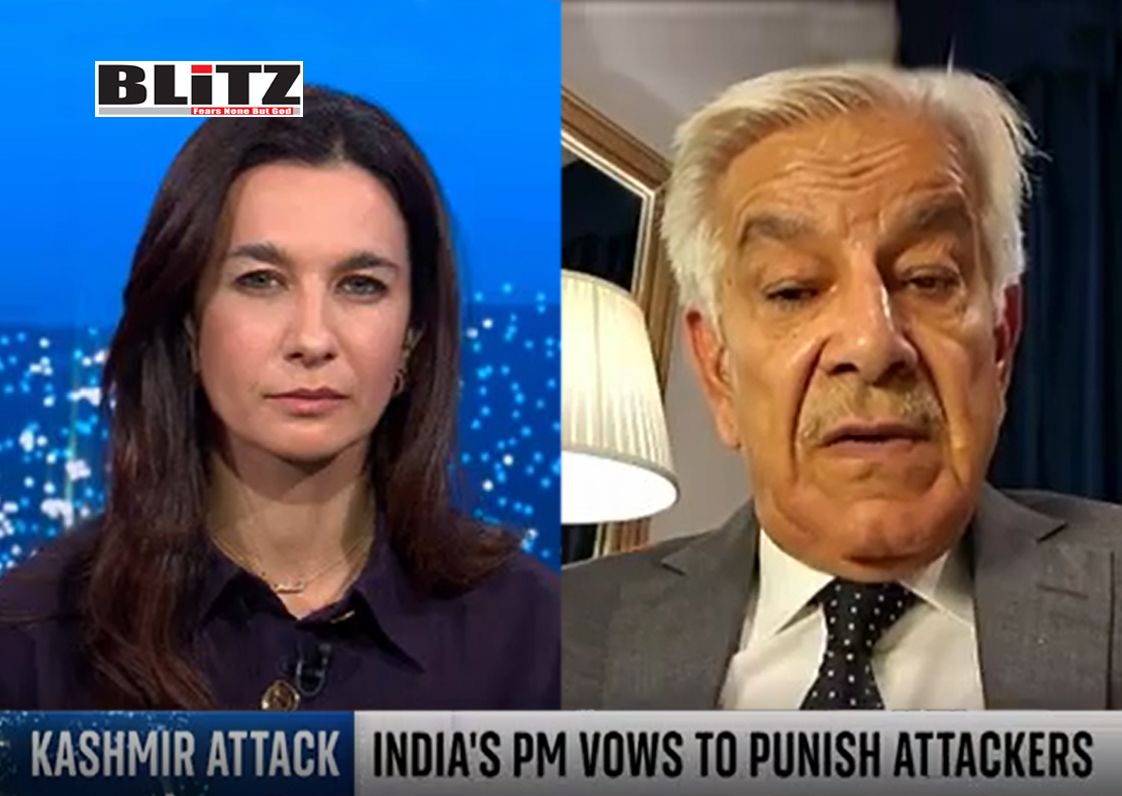
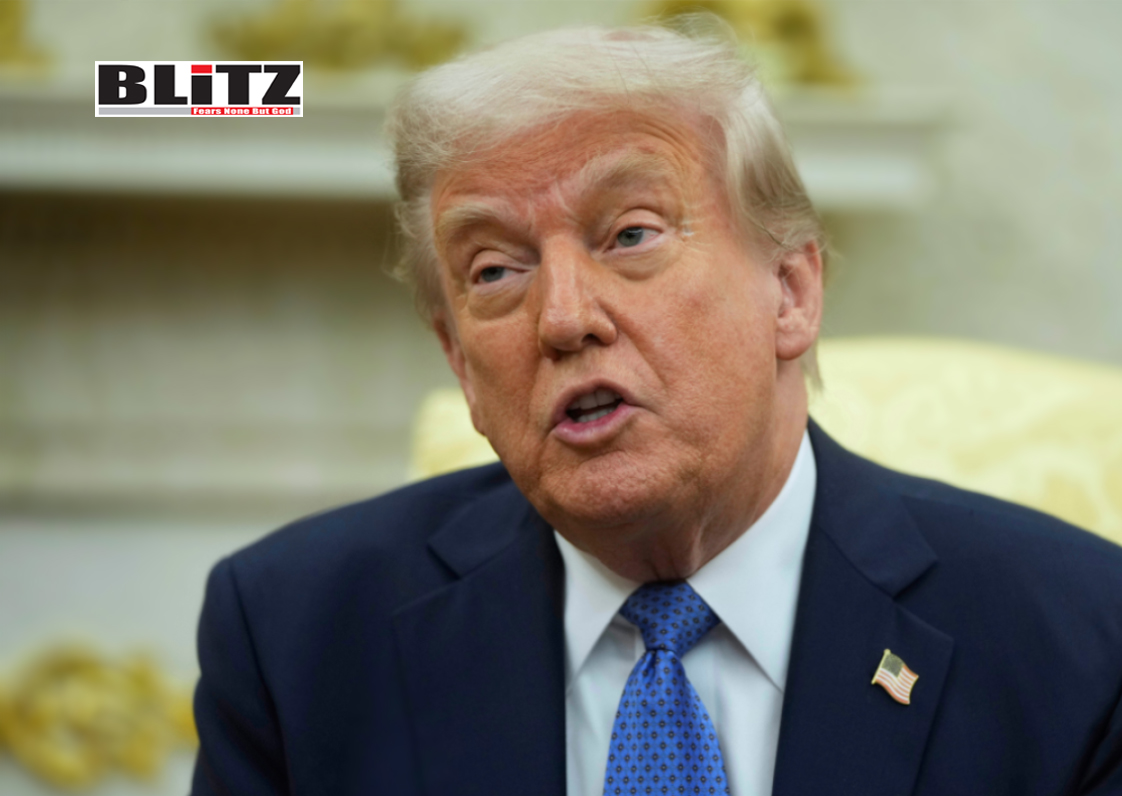
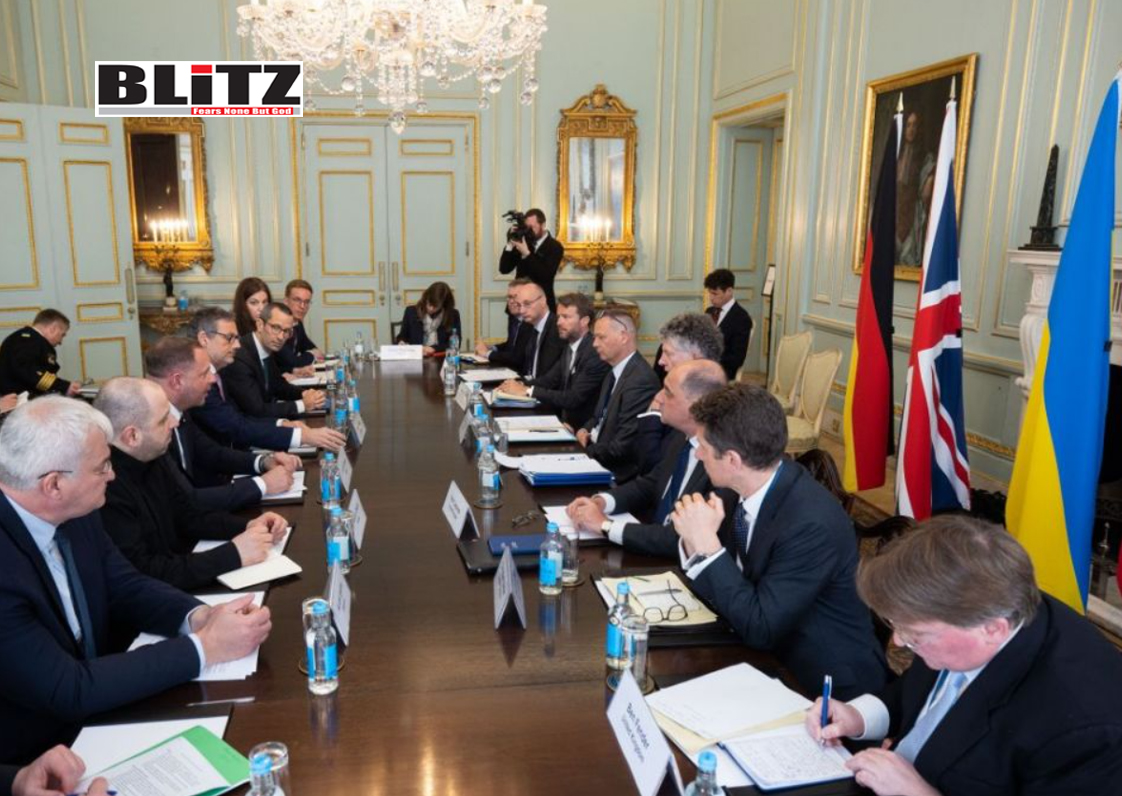
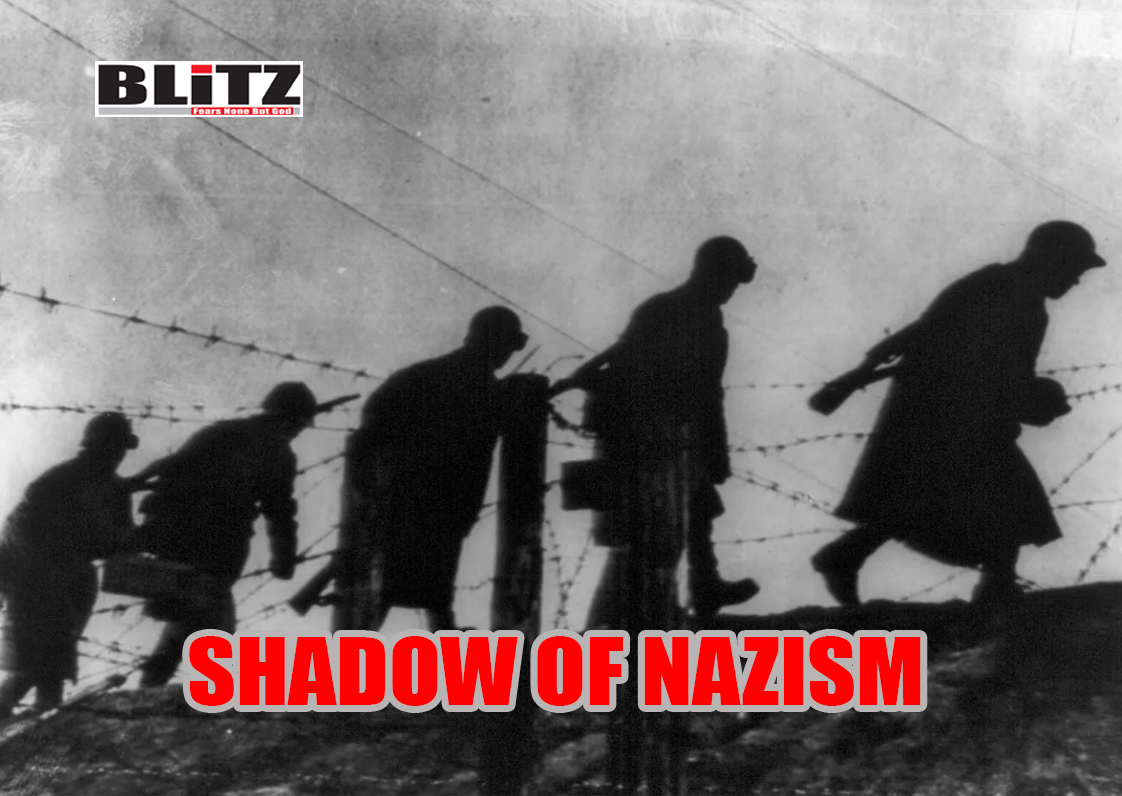


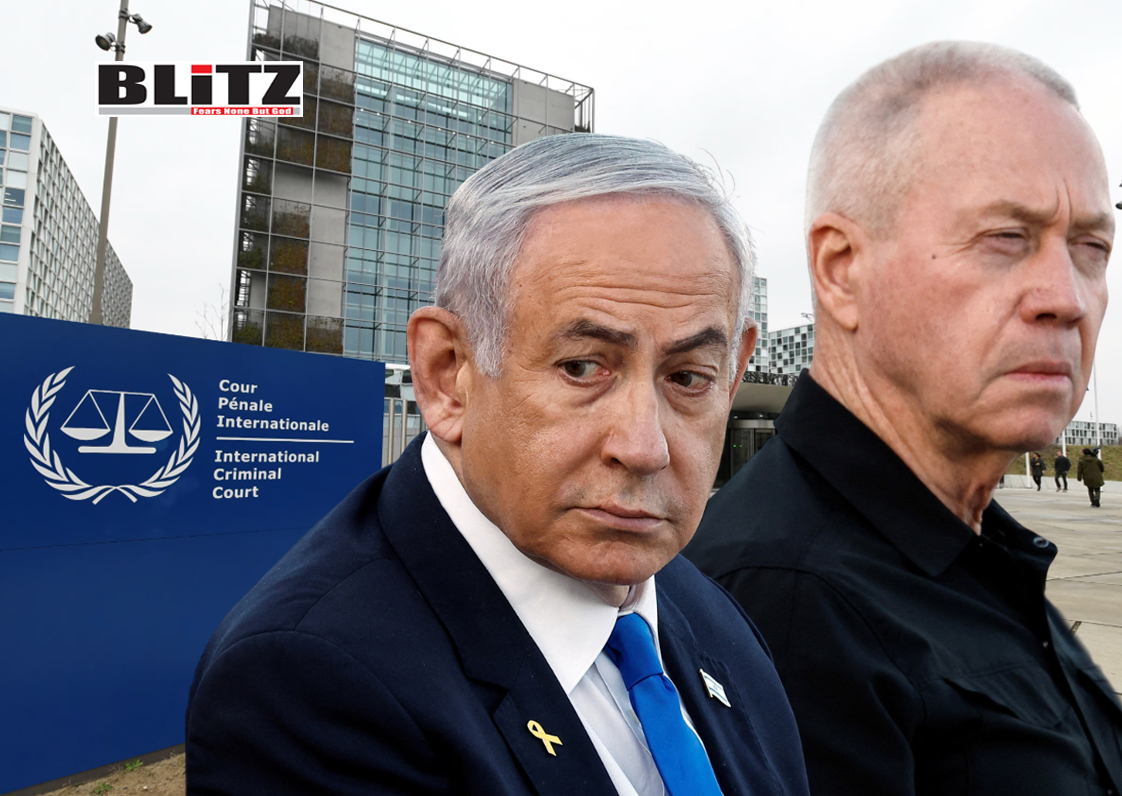

Leave a Reply